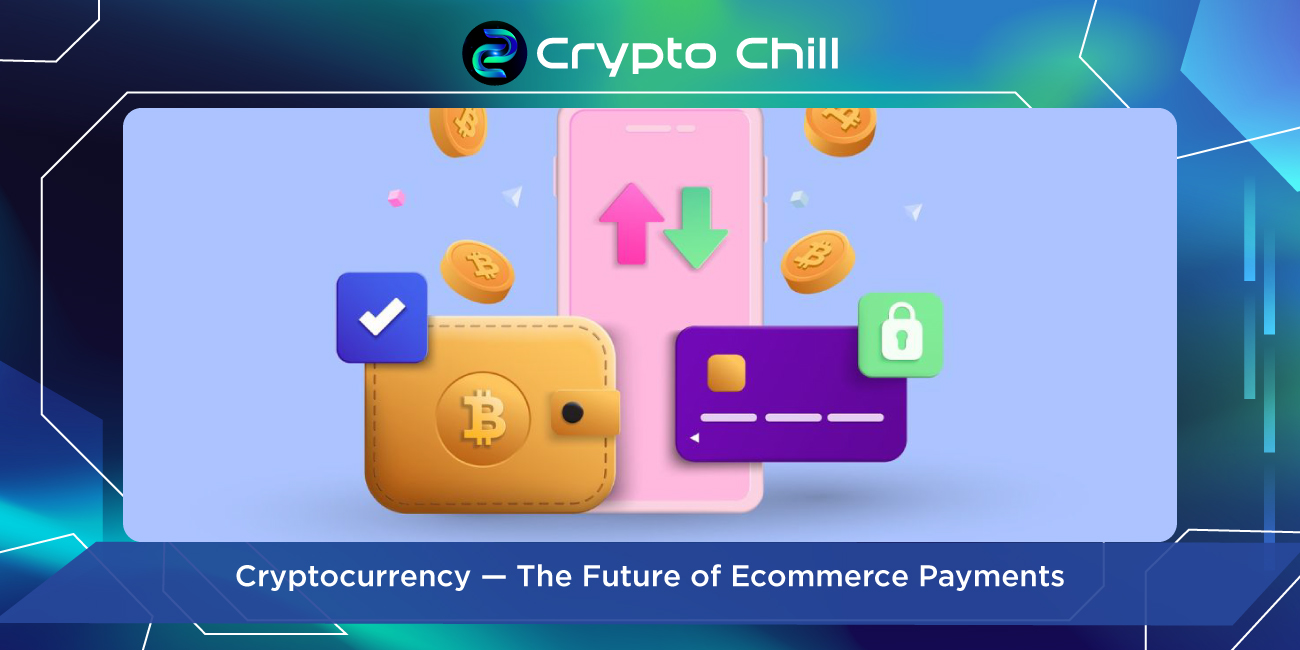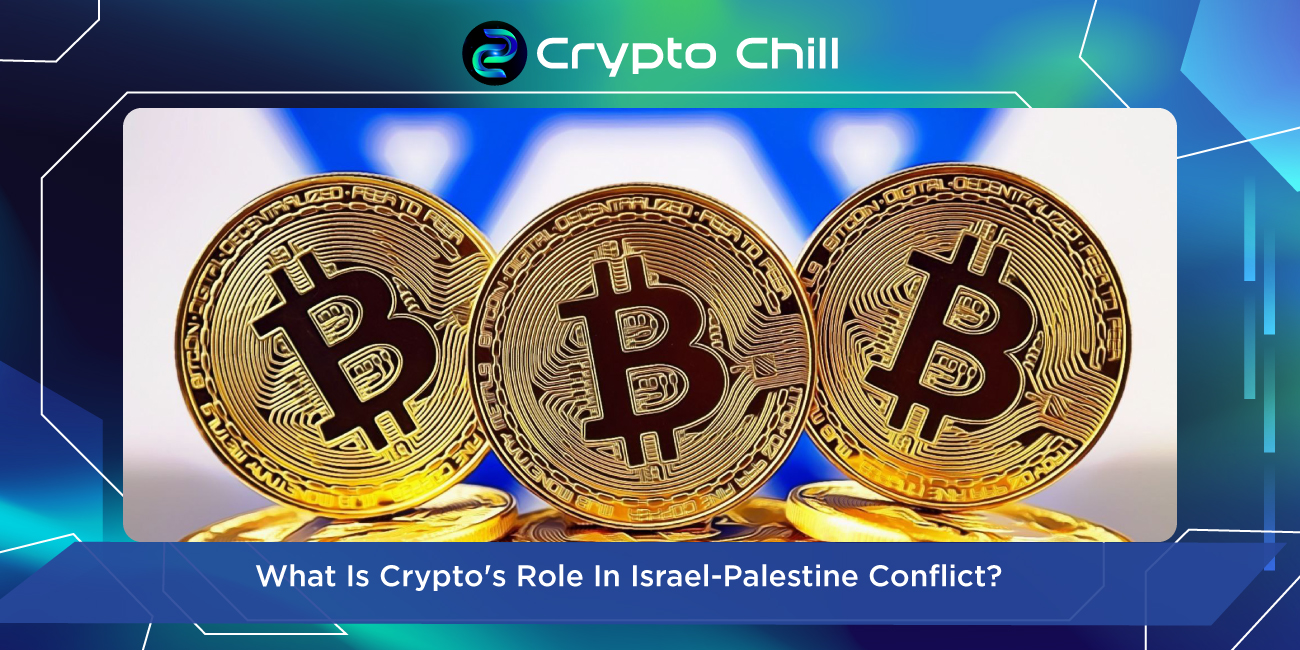Cryptocurrency payment gateways are becoming increasingly popular in the e-commerce world. But is crypto really the future of e-commerce payments? This article takes a closer look at the pros and cons, and concludes that crypto payment gateways are definitely worth considering for e-commerce businesses.
E-commerce Vs. Cryptocurrency
Before delving into the relationship between e-commerce and crypto, let’s define cryptocurrency. In simple terms, cryptocurrency is digital currency existing on a decentralized computer network, independent of any financial institution or authority. These digital currencies use cryptography for encryption and security and have gained immense popularity over the last decade, especially in the realm of e-commerce.
E-commerce, as the name suggests, involves commercial transactions conducted entirely in the digital space, with no in-person interactions. It has become the preferred choice for businesses looking to sell goods and services without the high overhead costs associated with physical brick-and-mortar stores.
E-commerce operations involve three primary components: a communication channel for buyers and sellers, a platform for advertising goods and services, and a payment gateway for processing transactions. Security is a paramount concern for both e-commerce users and operators, and here’s where cryptocurrency might offer a solution.
The Benefits of Using Cryptocurrency for E-commerce Payments
Cryptocurrency payment gateways are a relatively new phenomenon, but they are quickly gaining traction in the e-commerce world.
- Shorter Processing Times: Unlike traditional payment options that involve third-party intermediaries like banks, cryptocurrency transactions are swift and efficient. This speed enhances customer satisfaction and potentially increases sales.
- Quick and Easy Cross-Border Transactions: Cryptocurrencies facilitate faster and lower-fee cross-border transactions, enabling e-commerce businesses to operate on a global scale and expand their customer base.
- Lower Processing Fees: The absence of third-party involvement means crypto transactions don’t incur hefty fees, allowing e-commerce stores to price their items more competitively, and attracting more buyers.
Risks Associated with Using Cryptocurrency for E-commerce Payments
However, like any payment option or financial system, cryptocurrency carries risks that e-commerce businesses should consider:
- The Unpredictability of Crypto: The most significant risk with crypto is its volatility and unpredictability, which can adversely affect a business’s finances. Accepting crypto as payment, only to see its value drop before conversion, could lead to losses.
- Lack of Consistent Regulation: Cryptocurrency is not subject to the same regulations and laws as traditional banking, creating complexities for businesses operating across multiple jurisdictions. The regulatory landscape around crypto is rapidly evolving, with varying laws in different regions, leading to uncertainties for businesses.
It’s essential to emphasize that the regulatory environment surrounding cryptocurrency is dynamic and subject to change. As of the time of writing, the European Union’s Markets in Crypto Assets Regulation (MiCA) is set to take effect in 2024, aiming to bring greater certainty to the sector.
Conclusion
Overall, cryptocurrency payment gateways may play an instrumental role in the future of online stores. However, their success depends on how well businesses navigate the ever-evolving crypto landscape.
Disclaimer: The information in this article is not investment advice from CryptoChill. Overall, cryptocurrencies always carry many financial risks. Therefore, do your own research before making any investment decisions based on this website’s information.










No Comment! Be the first one.